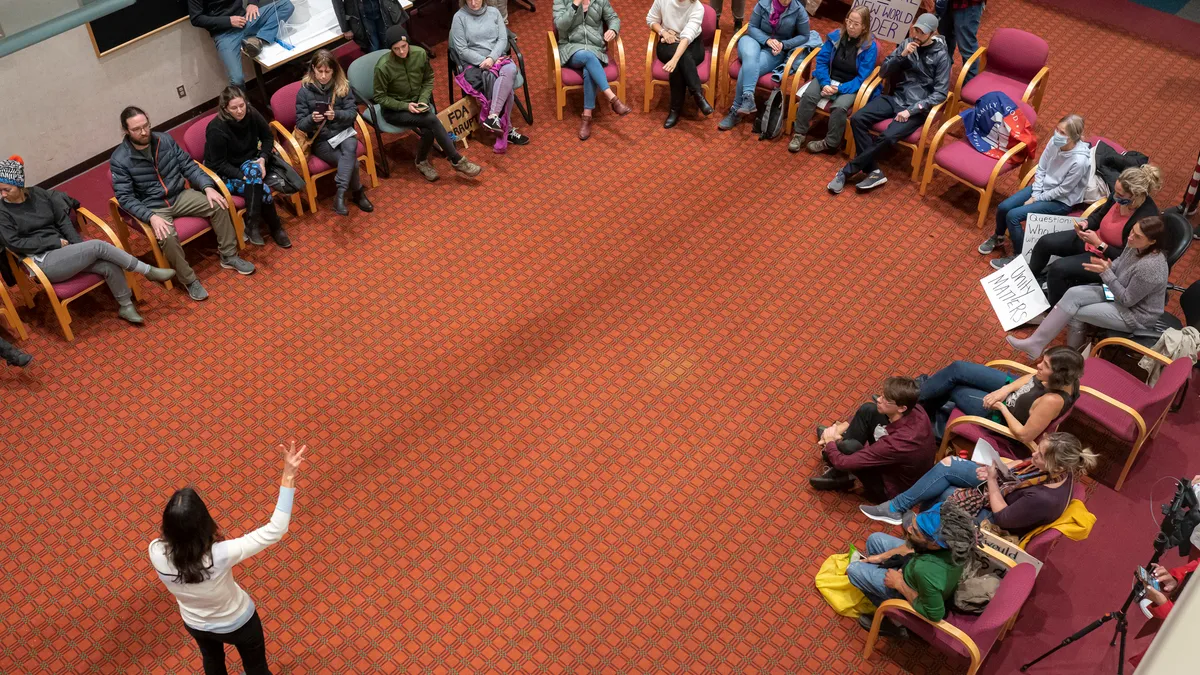Only 38% of current school board members plan to run for reelection, according to a survey released Monday by School Board Partners, a nonprofit group that trains new school board members. This compares to more than 70% of school board members running for reelection in 2016, the group said.
“The high turnover rate underlines the challenge of building more robust infrastructure to recruit, elect, train, support, and reelect new and returning board members to undertake the difficult work of education justice,” the report said.
In recent years, local school board meetings have grown contentious over COVID-19 pandemic safety measures, critical race theory discussions and the rights of LGBTQIA+ students.
The report indicated the expected turnover is good news. "This looming 'Great Resignation,' it said, "presents an opportunity to recruit and train new, more diverse leaders to help push school boards to enact the policies and practices necessary to dismantle systemic racism in education."
According to the survey, school board members’ identities across multiple factors do not generally represent the public school population.
While 54% of public schools teach students of color, only 30% of board members are persons of color, School Board Partners said. Additionally, 14% of public school students have disabilities compared to 9% of school board members, and 16% of students are LGBTQIA+ compared to 6% of board members. Some 23% of students speak a language other than English at home, while 13% of board members do the same.
The survey found board members of color have less access than their White peers to campaign infrastructure and face more structural challenges to stay on their local boards. The School Board Partners report calls for investing in 50,000 school board members of color over the next five election cycles and then providing these members with ongoing support.
“We have yet to put the people most affected by educational inequities in charge of the decisions, resources, and policies that impact their kids and communities,” the report said.
School Board Partners surveyed nearly 675 board members nationwide in January.







 Dive Awards
Dive Awards






